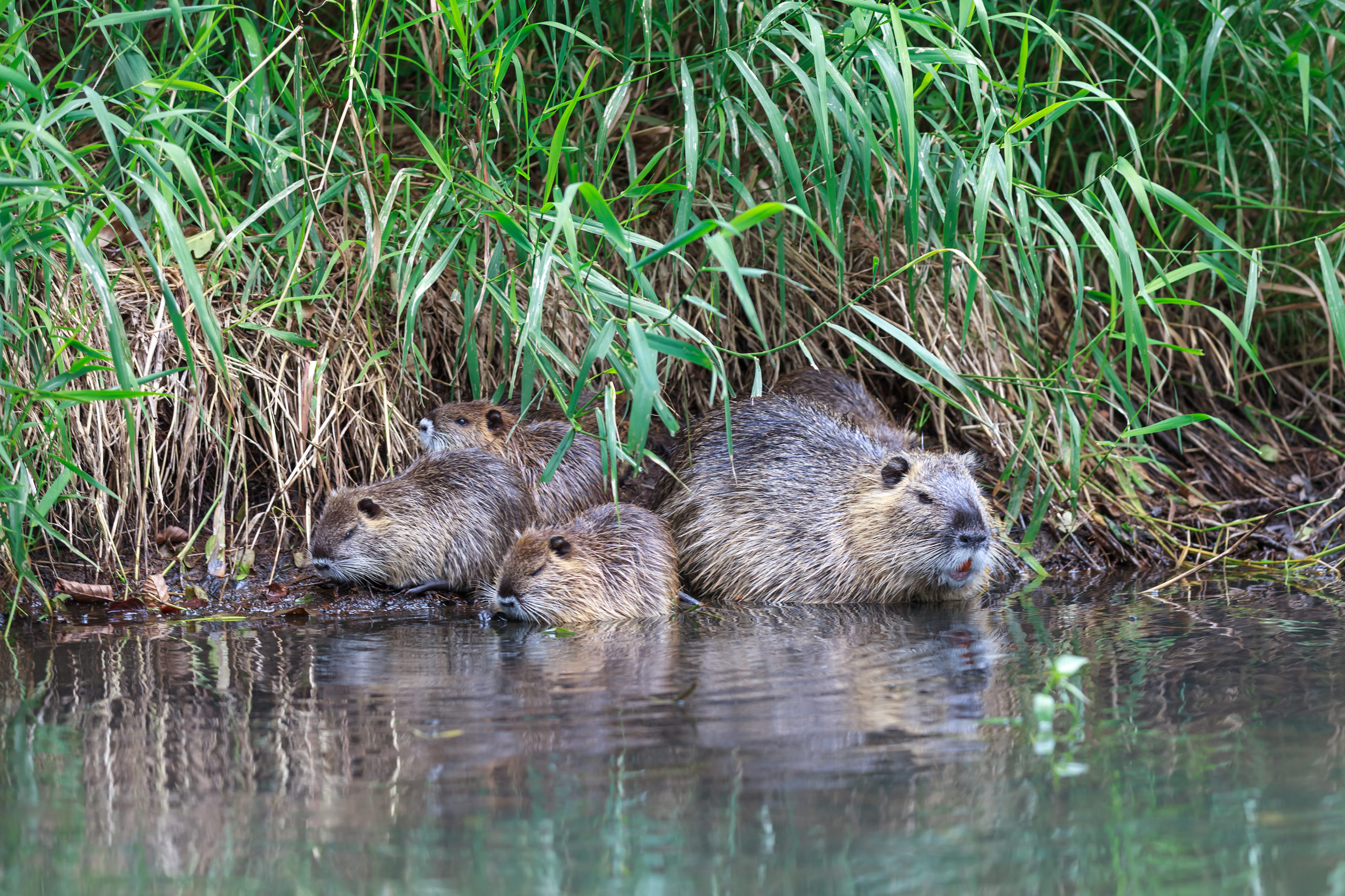by Ben Goldfarb
Like most people who enjoy mucking about in streams, I’ve had my share of beaver encounters. I was always impressed by their underwater grace, their ingenuity, and their familial devotion; I once watched a mated pair fastidiously groom each other for a solid half hour in Glacier National Park. . . .
[Do] not underestimate these extraordinary mammals. Many animals are cute; very few are ecosystem engineers. Even acknowledging that beavers store water and sustain other creatures is insufficient. Because the truth is that beavers are nothing less than continent-scale forces of nature, in large part responsible for sculpting the land upon which we Americans built our towns and raised our food. . . . They will build it if we let them come. . . .

Beavers are among our closest ecological and technological kin. Homo sapiens and Castor canadensis are both wildly creative tool users who settle near water, share a fondness for elaborate infrastructure, and favor fertile valley bottoms carved by low-gradient rivers. And while all organisms have evolved to fill niches provided by nature, neither beavers nor people are content to leave it at that. Instead, we’re proactive, relentlessly driven to rearrange our environments to maximize the provision of food and shelter. We are not just the evolutionary products of our habitat: We are its producers. If humans are the world’s most influential mammals, beavers have a fair claim at second place. . . .
[N]ature . . . hardwires their most important behavioral building blocks. In the 1960s Lars Wilsson, a Swedish ethologist, performed a series of clever experiments on captive-born beavers who lacked dam-building experience. Wilsson found that the naive beavers, released into running water, erected exemplary dams on their first attempts. When Wilsson subsequently played the trickle of flowing water over a loudspeaker in a dry room, the confused creatures built dams across the concrete floor.
Excerpted and reprinted with permission from Ben Goldfarb, Eager: The Surprising, Secret Life of Beavers (2018). Goldfarb is an award-winning environmental writer who has spent time in Island Park.
